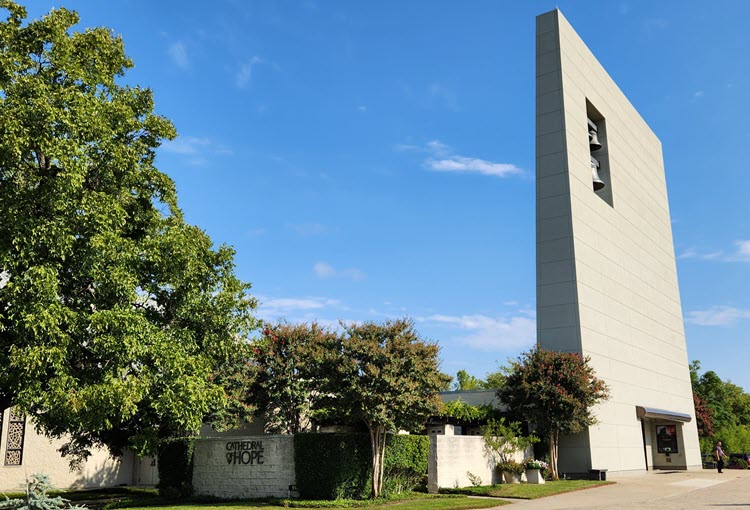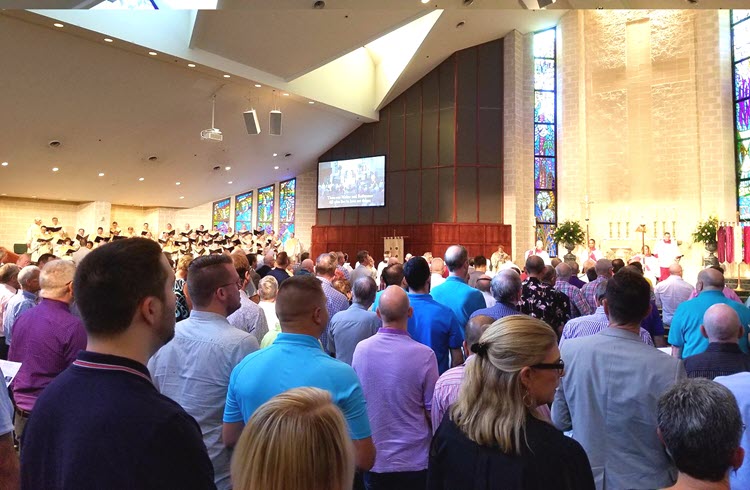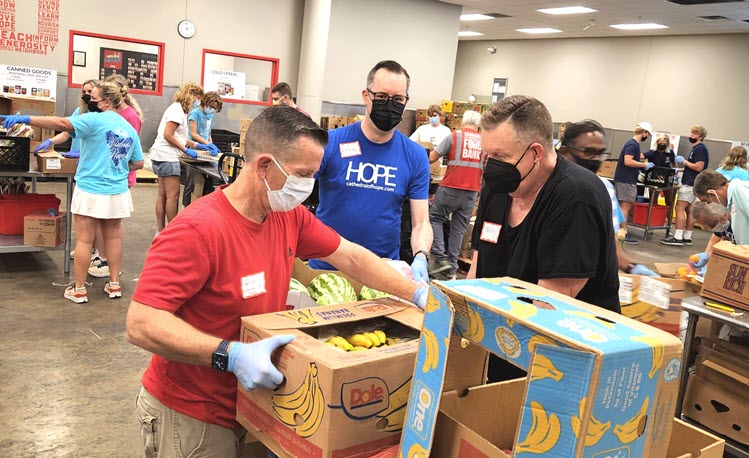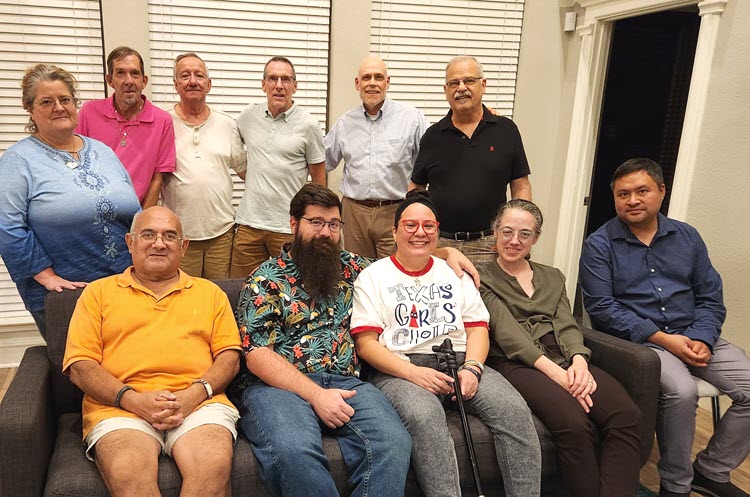One congregation stands alone on my faith journey as the church of hope. It is the congregation I joined in 2017 following an extensive search. It is the only congregation I’ve been a part of for an extended period of time in my adult life where I’ve not been employed. And, it is the local church that has taught me much about hope and inspired me to engage more deeply in the work of hope.

Discovering Hope
After serving 8 congregations, I chose to leave congregational ministry. In 2015, my wife and I relocated from Naples, Florida to Corinth, Texas (at the Northern end of the Dallas – Fort Worth, Texas metro area). For me, this was also a move back to the area I was raised in, and had lived in for most of my life.
For 17 months (September 2015 through February 2017), we embarked on a one of a kind journey I termed our “search for a church.” During that time we worshipped with 36 different Mainline Protestant congregations. And, we made multiple visits to congregations we thought were a potential match. While our original goal had been to find a congregation relatively close to our home, it became clear that other attributes were much more important to us than distance.
In February 2017, we joined the church of hope, a congregation named Cathedral of Hope United Church of Christ. In our experiences as guests, we found CoH to be incredibly warm and welcoming, theologically and demographically diverse, deeply engaged in the work of social justice, and enriched by high quality worship with relatable sermons that encouraged followers of the Way of Jesus to live out their faith in big and bold ways.

Redefining Ministry at Hope
After spending my entire adult life in vocation ministry in congregations, it was challenging to be a part of a congregation in the role of member. Early on, I intentionally chose not to get deeply involved and not to serve in any type of a leadership role.
Over time our attendance waxed and waned. Much of those variances had nothing to do with our love of CoH, and everything to do with other commitments. Initially, my work travel schedule for work was the primary challenge. Then it was other ministry opportunities, including serving as a temporary pastor of a Presbyterian congregation for four months, and teaching adult Sunday school for three semesters in a different Presbyterian congregation. Now it has become connecting with congregations that support the ministry I lead (more about this in the next section on Expanding the Work of Hope).

Since it is unlikely I’ll ever be able to attend in person worship on a weekly basis, I decided to find ways to deepen my involvement that were not centered on the Sunday experience. I got started by hosting a small group on Thursday evenings in our home in downtown Fort Worth. And, then, I deepened that involvement by also serving as a small group leader for the in person groups. Since moving to North Arlington, I have continued in these roles.

Expanding the Work of Hope
After a few years off from vocational ministry, I returned. The return, however, was to something quite different: ministry in the context of a faith-based non-profit that partnered with local churches to provide compassionate care by meeting basic needs for neighbors in need and to help folks take the next steps in their lives through empowerment programs. After engaging in this new ministry field with one agency for a few years, I accepted the opportunity to lead another agency called Hope: White Rock Center of Hope.
While Cathedral of Hope and White Rock Center of Hope currently have no formal relationship, they are both in the business of providing hope.
So What?
Hope has always been central to my understanding of the Christian faith.
Thanks to my affiliation with Cathedral of Hope, my understanding of hope has expanded and my own calling to engage in the work of hope has been strengthened.
Note: This post is part of a series: God is Doing a New Thing – My Experiences in UCC Congregations.